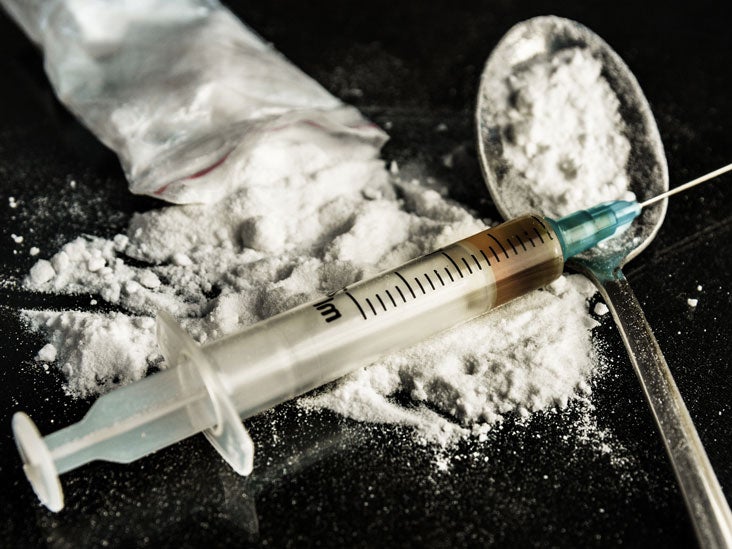A drug overdose is a serious, and potentially fatal, medical emergency. It occurs when a person takes more drugs than their body is able to process, leading to a dangerous and potentially life-threatening amount of toxins in the bloodstream. Understanding what a drug overdose is, and the steps necessary to prevent and address one, is essential for anyone who is taking medication or working in the medical field. In this article, we’ll discuss what a drug overdose is, the signs and symptoms of an overdose, and the necessary steps to take if an overdose occurs.

What is a Drug Overdose?
A drug overdose occurs when a person takes more than the medically recommended dose of a drug or combination of drugs. Drug overdoses can be accidental or intentional, and can lead to serious health complications or even death. Drug overdoses can be caused by a variety of factors, such as misuse, abuse, or taking too much of a medication.
Types of Drug Overdoses
A drug overdose can be classified into two types: intentional and unintentional. Intentional overdoses are often the result of a suicide attempt, while unintentional overdoses are typically the result of accidental or recreational drug use. Intentional overdoses are more likely to result in death than unintentional overdoses, as they are often taken in large amounts and with more potent drugs.
Signs and Symptoms of a Drug Overdose
The signs and symptoms of a drug overdose can vary depending on the type of drug taken, but can include confusion, drowsiness, nausea, vomiting, seizures, and in extreme cases, coma or death. If you suspect someone is experiencing a drug overdose, it is important to seek medical attention immediately.
Prevention of Drug Overdose
The best way to prevent a drug overdose is to avoid taking drugs or medications that are not prescribed by a doctor. If you are prescribed a medication, it is important to follow the directions carefully and never take more than the prescribed dose. In addition, it is important to be aware of the potential for drug interactions when taking two or more medications, as this can increase the risk of an overdose.
Treatment of Drug Overdose
Treatment of a drug overdose will depend on the type of drug taken and the severity of the overdose. Treatment may include medications to reduce the effects of the drug, such as naloxone for opioid overdoses, and supportive care. In some cases, the patient may need to be hospitalized for further medical treatment.
Risks of Drug Overdose
Drug overdoses can lead to serious and potentially life-threatening complications, such as organ failure, coma, and death. In addition, long-term use of certain drugs can lead to addiction, which can further increase the risk of overdose. It is important to be aware of the potential risks of drug use and to seek medical attention immediately if you or someone you know is experiencing a drug overdose.
Drug Overdose Statistics
Drug overdoses are a growing concern in the United States, with over 70,000 drug overdose deaths reported in 2018. Opioids are the most commonly involved drug in overdose deaths, accounting for more than two-thirds of all overdose deaths. Other commonly involved drugs in overdose deaths include stimulants, benzodiazepines, and cocaine.
Top 6 Frequently Asked Questions
What is a Drug Overdose?
A drug overdose is an accidental or intentional ingestion of an amount of medication or a substance that is greater than the recommended dosage. It can be very dangerous, and in extreme cases, fatal.
What are the Symptoms of a Drug Overdose?
Common symptoms of a drug overdose include extreme drowsiness, confusion, shallow breathing, fainting, coma, and even death. Other symptoms may include nausea, vomiting, seizures, and blue-tinged skin. It is important to seek medical attention immediately if any of these symptoms are present.
What are the Causes of a Drug Overdose?
A drug overdose can be caused by a variety of factors including taking too much of a prescribed medication, taking a combination of medications, taking a medication that interacts with another medication, taking a medication that has been contaminated, or taking a medication that has been adulterated.
Who is at Risk For a Drug Overdose?
Anyone can be at risk for a drug overdose, but people who are at an increased risk include those who are taking multiple medications, those who are using drugs recreationally, those who are using drugs without a prescription, those who are using drugs illicitly, and those who are mixing medications with alcohol.
What are the Treatment Options For a Drug Overdose?
If a drug overdose is suspected, it is important to seek medical attention immediately. Treatment options for a drug overdose can include supportive care, such as providing oxygen, IV fluids, and medications to counter the effects of the overdose. In some cases, a drug antidote may be needed to reverse the effects of the overdose.
What are the Prevention Strategies for a Drug Overdose?
The best way to prevent a drug overdose is to be aware of the potential risks and take necessary precautions. This includes understanding the medications being taken, checking for interactions between medications, and always following the directions listed on the medication label. It is also important to never take a medication that has been prescribed for someone else, and to seek medical attention if any symptoms of an overdose occur.
How the body reacts to a drug overdose
A drug overdose is a serious and potentially life-threatening medical emergency. It is important to recognize the signs of a drug overdose and to seek help immediately from a doctor or emergency services if someone is experiencing an overdose. Understanding the risks associated with drug use, being aware of the symptoms of an overdose, and knowing how to respond can help to save a life.

